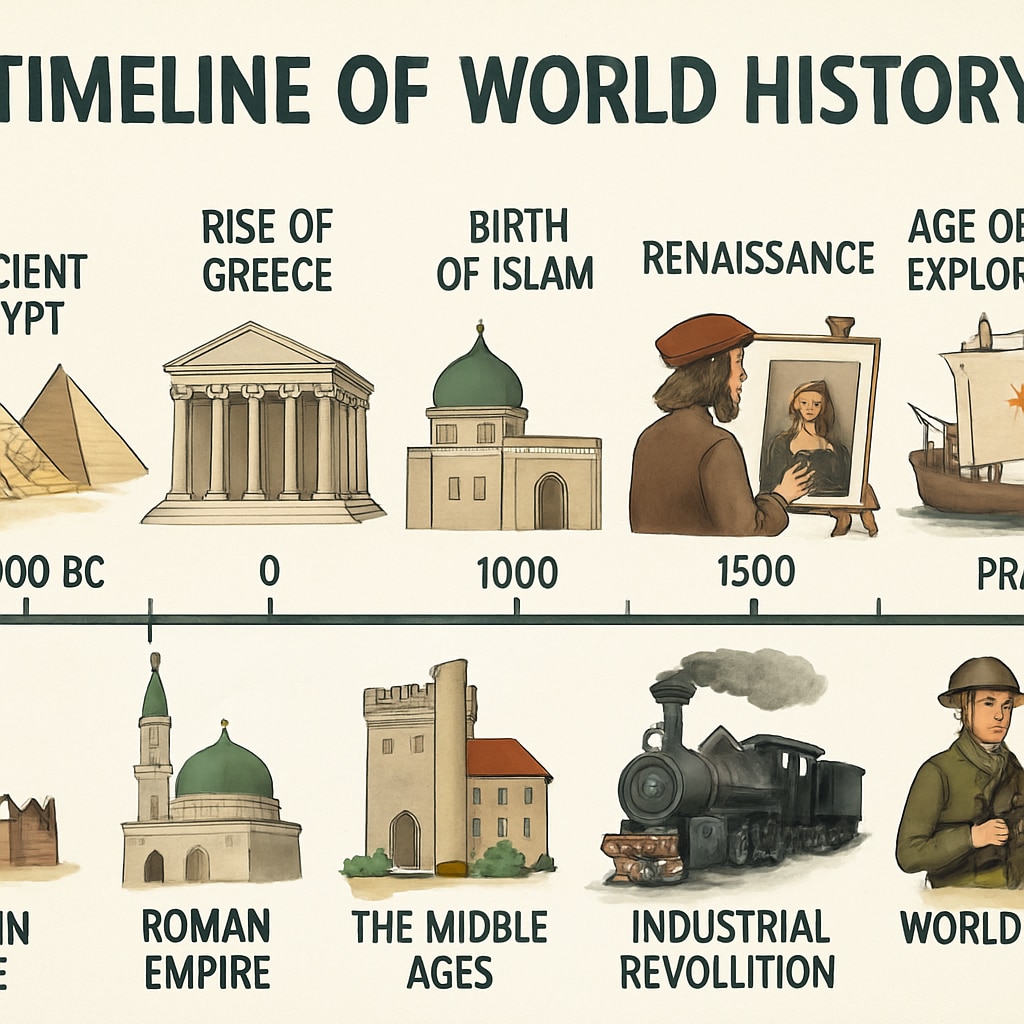For adults who missed foundational education, the idea of restarting their learning journey can feel overwhelming. Imagine being 25 years old and having completed only first grade. How can you catch up on what others learned in years of schooling? Fortunately, it is never too late to rebuild your educational foundation. This article explores practical strategies for adult learners to address gaps in basic education, offering step-by-step learning paths and accessible resources for subjects like world history, mathematics, and literacy.
Understanding the Challenge of Basic Education Deficiencies
Many adults face gaps in their basic education due to various circumstances, such as socioeconomic challenges, early responsibilities, or limited access to schooling. These gaps can lead to difficulties in employment, communication, and personal growth. A lack of foundational knowledge—such as reading, arithmetic, or understanding world history—can make re-entering education seem daunting. However, by adopting a systematic approach, adult learners can overcome these challenges.
One key to success is setting realistic expectations. Adults often juggle jobs, families, and other responsibilities, so they must customize their learning journey to fit their schedules. Additionally, creating a supportive environment—whether through community programs or online platforms—can help maintain motivation.

Structured Self-Study: A Path Back to Education
Self-study is an excellent way for adults to address gaps in their education. By breaking the learning process into manageable steps, adults can focus on building foundational skills before advancing to more complex subjects. Here are some practical steps to create a structured self-study plan:
- Assess your current knowledge: Start by identifying your strongest and weakest areas. Free tools like placement tests or online assessments can help.
- Set clear goals: Whether you want to improve literacy, learn basic math, or study world history, having specific objectives will guide your efforts.
- Choose the right resources: Look for beginner-friendly tools, such as online tutorials, mobile apps, or textbooks. For example, websites like Khan Academy offer free courses in various subjects.
- Create a study schedule: Allocate consistent time each day or week for learning. Even 20-30 minutes a day can lead to significant progress over time.
- Track your progress: Keep a journal of what you’ve learned, and celebrate small milestones to stay motivated.
By following these steps, adults can create a personalized learning path that aligns with their goals and pace. Additionally, leveraging supportive communities—such as local adult education centers or online forums—can enhance the learning experience.
Building Knowledge in Key Subjects: World History as a Case Study
For adults seeking a well-rounded education, world history is an essential subject that fosters critical thinking and cultural awareness. Understanding historical events and contexts can also provide valuable insights into current global issues. Here’s how adults can approach learning world history:
- Start with an overview: Begin with general timelines and summaries to grasp major events and their significance. Resources like Wikipedia’s World History page offer accessible overviews.
- Use multimedia resources: Documentaries, podcasts, and interactive timelines can make history engaging and easier to understand. Check out platforms like Britannica’s History section for reliable content.
- Focus on key themes: Instead of memorizing dates, explore themes like revolutions, cultural exchanges, or technological advancements to develop a deeper understanding.
- Engage in discussions: Join online forums or local study groups to discuss historical topics and gain diverse perspectives.
Learning world history not only builds knowledge but also enhances critical thinking and communication skills—valuable assets for personal and professional growth.

Overcoming Barriers to Adult Education
While the journey to rebuild education is rewarding, it is not without challenges. Common barriers include financial constraints, limited time, and feelings of self-doubt. Here are some tips to overcome these obstacles:
- Leverage free resources: Many online platforms, such as YouTube or Open Educational Resources (OER), provide free tutorials and courses.
- Seek community support: Local libraries, community centers, and non-profit organizations often offer free or low-cost adult education programs.
- Develop a growth mindset: Believe in your ability to learn and improve. Remember, progress—no matter how small—is still progress.
By addressing these barriers with practical solutions, adults can regain confidence in their ability to learn and achieve their educational goals.
In conclusion, addressing gaps in basic education as an adult is challenging but entirely possible with the right mindset, strategies, and resources. Whether you’re learning to read, mastering arithmetic, or exploring world history, every step forward brings you closer to your goals. Start small, stay consistent, and remember: it’s never too late to learn.


